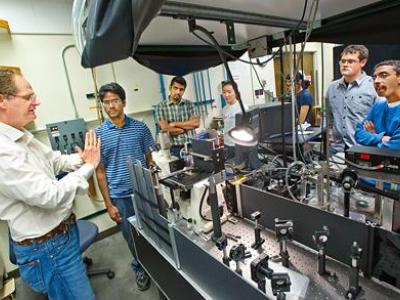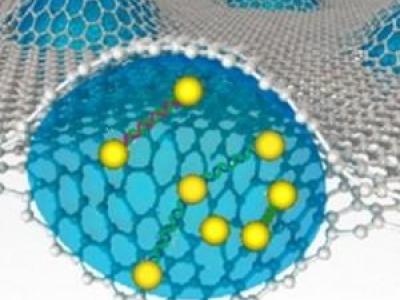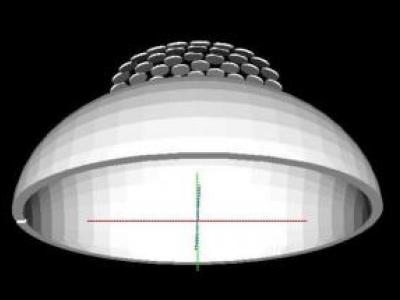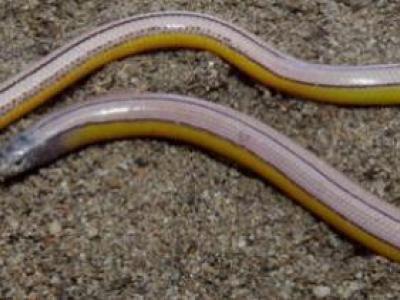Wedded bliss or blues? Scientists link DNA to marital satisfaction
What makes some people more prone to wedded bliss or sorrow than others? Researchers at UC Berkeley and Northwestern University have found a major clue in our DNA. A gene involved in the regulation of serotonin can predict how much our emotions affect our relationships, according to a new study that may be the first to link genetics, emotions, and marital satisfaction.










